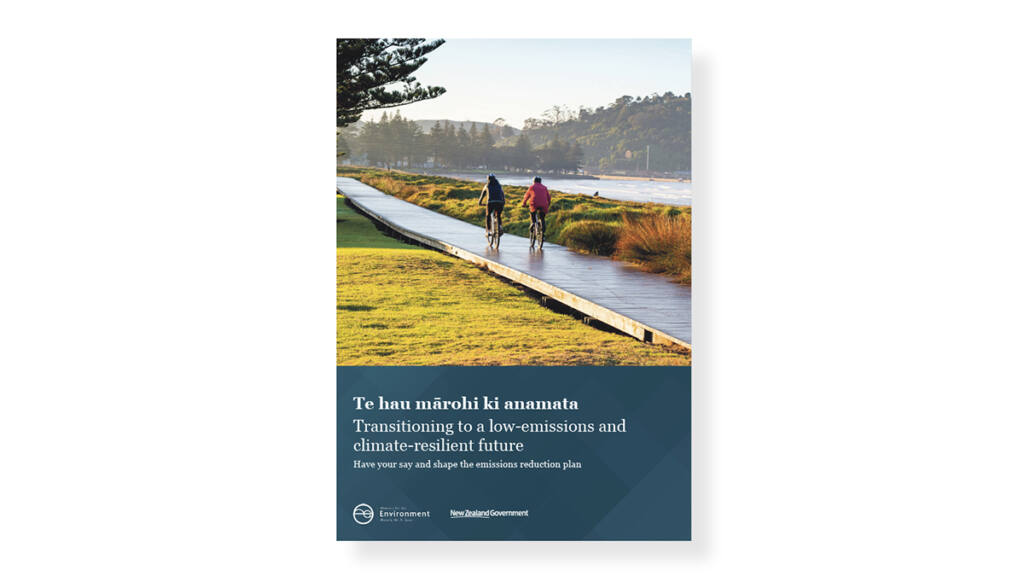WelCom November 2021
The Government has published a discussion document, 13 October, on Aotearoa-New Zealand’s first emissions reduction plan (ERP) and emissions budgets for 2022–2035: Te hau mārohi ki anamata Transitioning to a low-emissions and climate-resilient future (Discussion Document). All New Zealanders are being invited to have a say to shape the final emissions reduction plan. Consultation started on 13 October 2021 and ends on 24 November 2021. The Government will issue a final ERP and emissions budgets for 2022–2035 by 31 May 2022 in light of consultation on this document. Those decisions will influence economic activity for the next 14 years.
Caritas says recent government announcements on climate recognise the urgency of making deep far-reaching changes across all sectors of New Zealand society, and the need to provide climate finance for the poor. But it says they do not go far enough in aiming to cut this country’s emissions sooner.
The Government put out a discussion document for its emissions reduction plan to get to net zero carbon-equivalent emissions by 2050 and it announced a four-fold increase in climate finance to poor nations over 2022–2025. In addition, Climate Minister James Shaw is expected to update the overall climate action pledge (Nationally Determined Contribution) for the UN conference on climate change in Glasgow, COP26, early November.
Caritas has welcomed the increase in climate finance as ‘long overdue’, and ‘rightly prioritises adaptation action and the Pacific’.
“We need Catholics from all walks of life to get involved in this ERP consultation, and ongoing work to get New Zealand to a fair and just, carbon-neutral future.”
Julianne Hickey, Caritas Director
‘However,’ says Caritas Director Julianne Hickey, ‘the Government must ensure this finance is used well to make a difference to the most vulnerable communities in the region. It must actively involve local communities and civil society in identifying needs, and in planning, implementing and monitoring for good, climate-related action’.
Caritas says a preliminary view of the consultation documents for the ERP provides a positive vision for 2050. It recognises the need to tackle climate change in an integrated way, addressing issues such as poverty and biodiversity loss, rebuilding from the Covid-19 crisis in a sustainable way, and working in partnership with Māori.
However, ‘to meet our responsibilities as a developed nation that has benefited from fossil fuels, we should be trying to become carbon neutral by 2040,’ says Julianne Hickey.
‘Covid has exposed vulnerabilities in existing economic arrangements. For example, long supply lines mean delays in housing construction and rising prices for low-income households. We should seek to rebuild a more sustainable, localised economy providing for food, energy and housing through local and community-based mechanisms, as well as strengthening local resilience in the face of increasingly severe weather events and sea-level rise,’ she says.
‘We need Catholics from all walks of life to get involved in this consultation, and ongoing work to get New Zealand to a fair and just, carbon-neutral future: farmers, transport workers, managers, office workers, homemakers, parents, students, health-care workers and cleaners. In our modern interconnected way of life, all our activities impact to some extent on climate and the environment. Each of us has a part to play and can help find solutions and urge our politicians to work for a healthy climate, healthy lifestyles and communities, and ultimately restoring a healthy planet.’
The Discussion Document and feedback process is online at: environment.govt.nz/assets/publications/Emissions-reduction-plan-discussion-document.pdf
